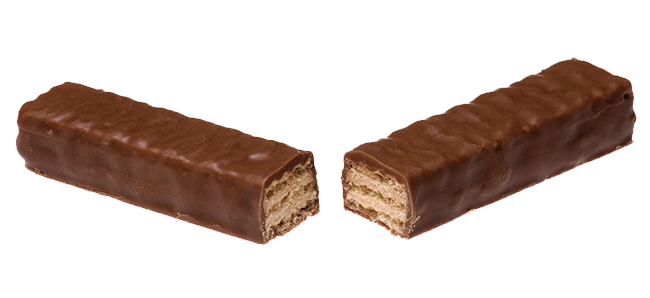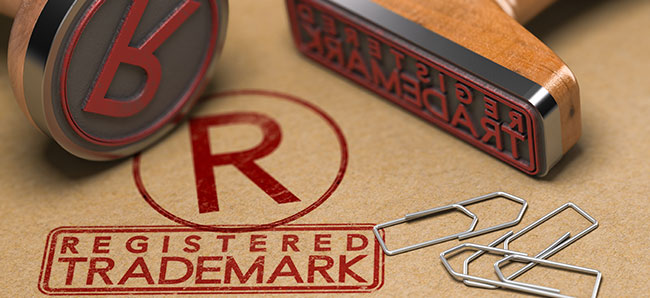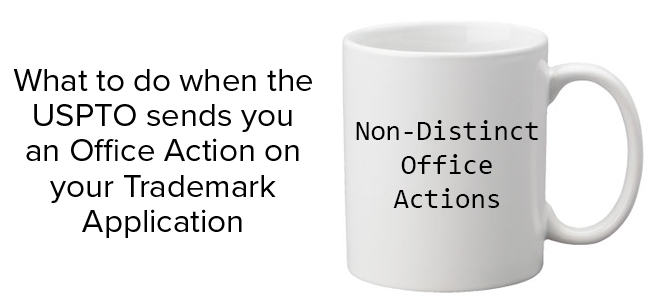We discussed on our previous post what Office Actions are when it comes to your trademark application. Now, let’s take a little deeper look at the different types of office actions you may encounter and how they can be overcome.
The Examiner has issued an Office Action stating your mark was not distinct, meaning it looked too generic, or in sharp contrast, that it was overly, or merely, descriptive.
Fanciful marks are the safest marks to avoid office actions
This is a situation you want to anticipate when you decide on a trademark. Fanciful marks are the safest marks when it comes to ensuring your mark will be approved easily. Fanciful marks are made up words that do not actually exist. Arbitrary marks also make great trademarks. Arbitrary marks are words that are real words being used in a situation where you would not expect them to be used.
On the other hand, the weakest marks, and thus the most likely to be rejected for non-distinctness, are generic, merely descriptive, and/or suggestive marks. Generic marks can not obtain trademark protection, and they include marks such as, “attorneys,” “restaurant,” etc. You cannot prevent others from using generic terms. As an example, Nestle had attempted to keep their Trademark on the shape of their Kit Kat bar, but was rejected. (Strangely enough, Nestle later settled with Atari in a different IP infringement case, also involving the distinct Kit Kat shape.)

Descriptive and Suggestive Marks
Merely descriptive rejections can be more complicated and can in some instances be overcome. A merely descriptive mark that describes an ingredient, quality, characteristic, function, feature, purpose, or use of the specified goods or services.
Suggestive marks are similar to merely descriptive and generic, but they, as the name applies, are suggestive of the quality or features of the goods/services being offered.
If an Office Action is based on any of these rejections, arguments can occasionally be successful that the mark has acquired secondary meaning, or is actually not suggestive, descriptive, or generic. If arguments prove to be unsuccessful, the Supplemental Register may be an option. Descriptive, surname, and geographical term marks all qualify for the Supplemental Register; however, generic terms do not qualify.
Flat Fee Evaluation
After we evaluate the Office Action for a flat fee, we will have a better idea of exactly how to respond, and the work required to get your trademark approved. But, it would be wisest to consult with an attorney prior to filing a trademark application as you may be able to avoid some issues, especially non-distinct issues. Contact us today to get started.

Ready to Get Started?

